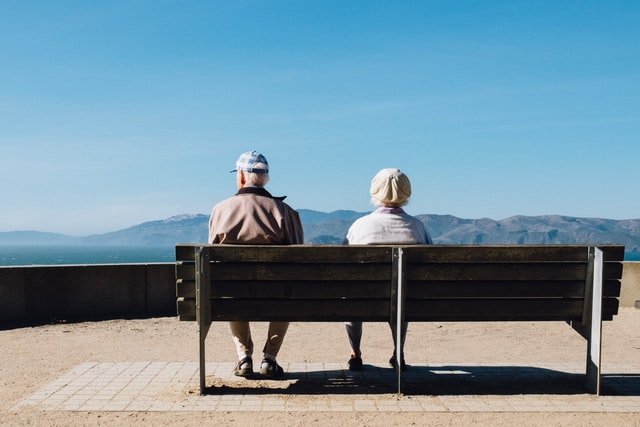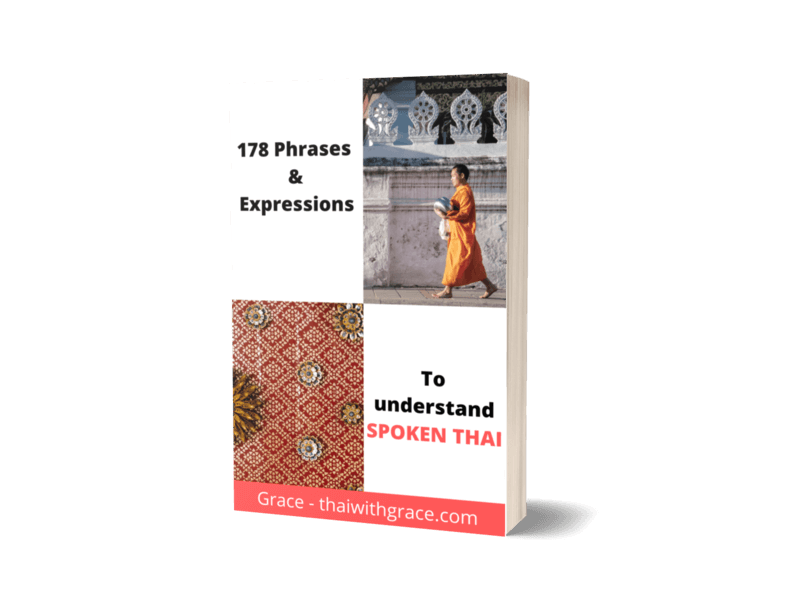When you search how to say ‘old’ in Thai, you might come across these two words เก่า and แก่ (gào and gàe). Do you know the difference between them and when to use each?
แก่ gàe
แก่ (gàe) is used when describing a person or an animal. If a person or animal is old you say แก่.
For example:
- The old man hugged the old lady: ผู้ชายคนแก่กอดผู้หญิงคนแก่ (pôo chaai kon gàe gòt pôo yĭng kon gàe)
- I am older than you: ฉันแก่กว่าคุณ (chăn gàe gwàa kun)

เก่า gào
เก่า (gào) on the other hand is used to describe that something is old. เก่า is the opposite of new (ใหม่ mài).
For example:
- Do you remember the old photograph?: คุณจำรูปภาพเก่าเก่าได้มั้ย (kun jam rôop-pâap-pá-gào-gào dâai mái)
- The machine doesn’t work, it’s too old.: เครื่องจักรใช้ไม่ได้ มันเก่าเกินไป (krêuang jàk-chái-mâi-dâi · man gào gern bpai)
If you want to say something is ancient you would use โบราณ (boh-raan).
Summary
เก่า (gào) is used to describe that something is old while แก่ (gàe) is used to describe if a living thing is old.

